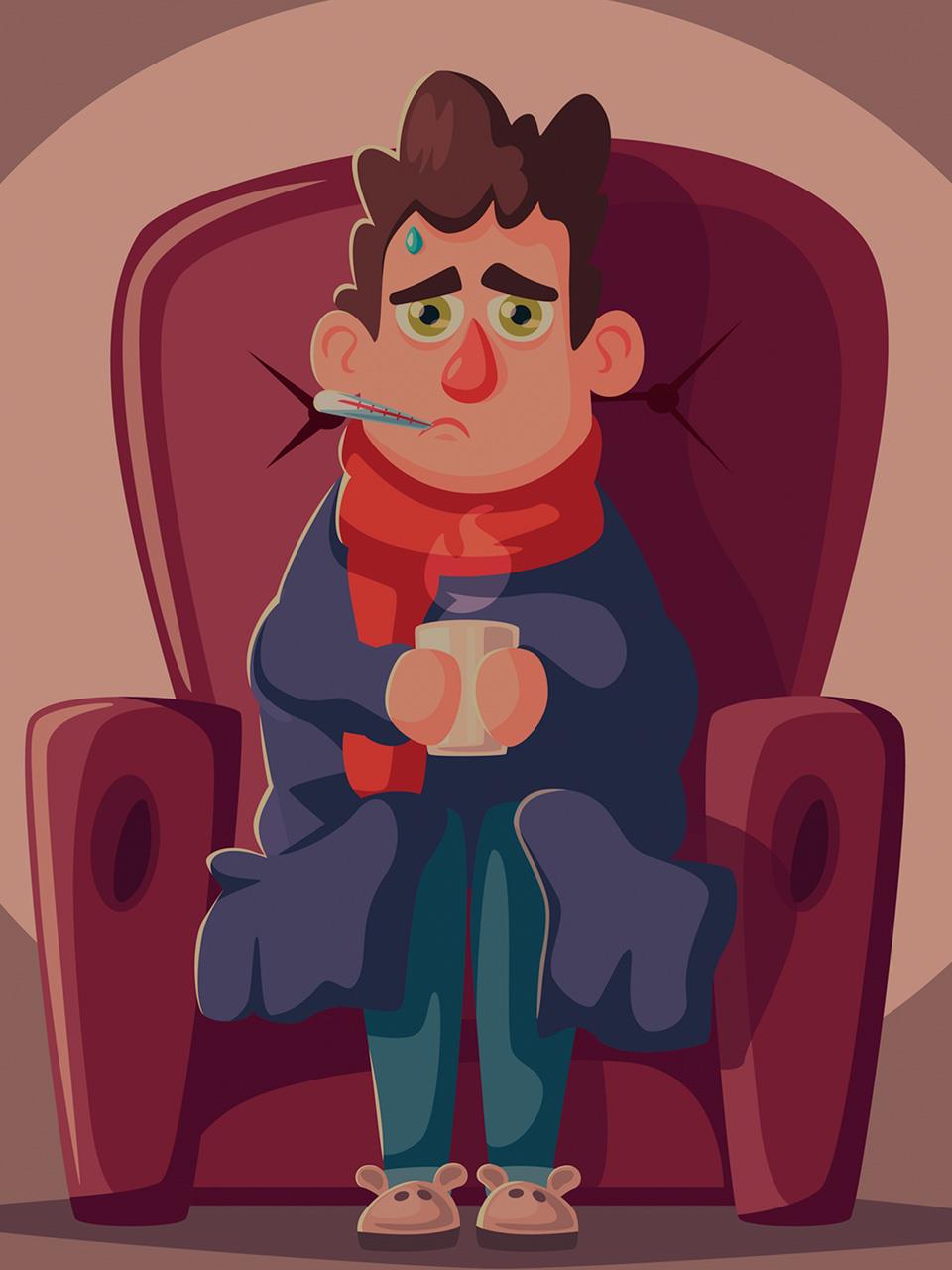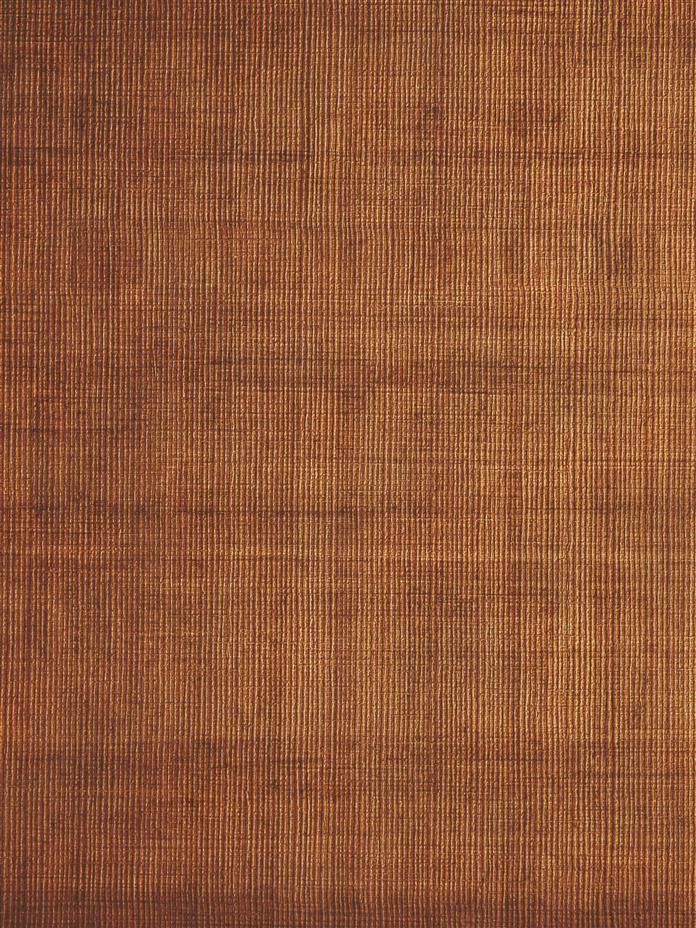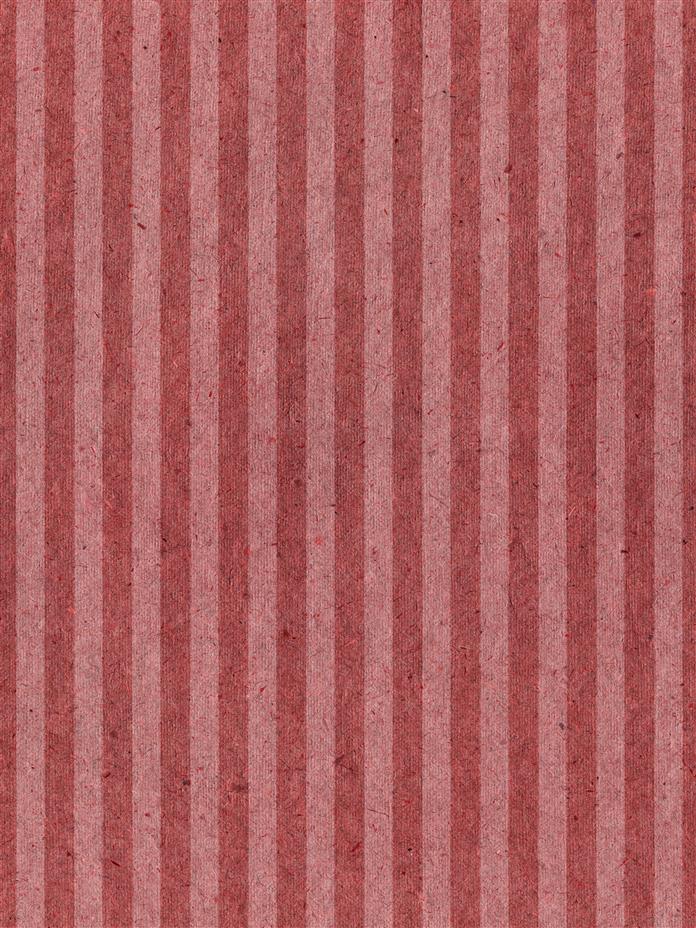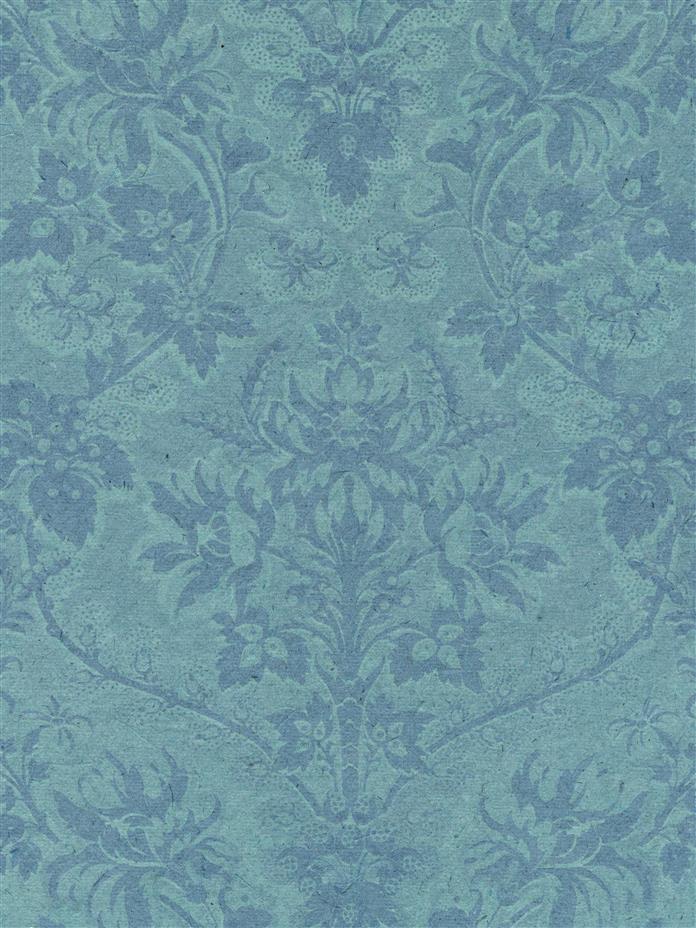
Tap to Read ➤
Whooping Cough in Adults
Bidisha Mukherjee


Whooping cough is an annoying problem more because it bothers you not just for a few weeks but for months. In this Story, we have highlighted the causes, symptoms and treatment for whooping cough in adults.

The medical term used for whooping cough is pertussis. It is triggered by bacteria called Bordetella pertussis that attacks the lining of the respiratory tract. It is an extremely contagious air borne pathogen which spreads readily from one person to another through the tiny droplets released into the air by patients while coughing and sneezing.

Even though infants and small children are more commonly affected by it, adults may get it too. The worst part is that whooping cough often remains undetected as its symptoms have lots of similarity with bronchitis and common cold.

Those adults who come in close contact with infants or children infected by whooping cough bacteria are at a higher risk of getting this problem.

Symptoms
The symptoms of whooping cough in adults are quite different from that of small children. The typical characteristic of 'whoop' sound produced by children while coughing is often missing in adults. Adults mostly get whooping cough soon after a bronchitis or common cold attack. For this reasons, at an early stage of the bacterial infection, common cold symptoms like sore throat, runny nose, dry cough, sneezing and mild fever are observed.

As the infection progresses further, it reaches the so-called paroxysmal stage. It is characterized by an uncontrollable cough with thick phlegm. In this condition, patients experience severe coughing fits that last for 2 - 3 minutes. They are attacked by several such bouts of cough within quick intervals of time.

A paroxysmal cough is often followed by teary eyes, excessive drooling, breathing difficulty and vomiting. A unique characteristic of paroxysms of whooping cough is that it mostly occurs at night and badly disrupts the sleep.

Frequent coughing bouts make a patient tired and fatigued and they also lose interest in eating. Sometimes, more severe symptoms such as urinary incontinence, rib fracture and hernia accompanies whooping cough.

Treatment
Unlike infants and children, adults with whooping cough usually do not require hospitalization. Since it is a bacterial infection, it can be managed with the help of antibiotics only. In general, the course of antibiotic medicines are continued for 5 days or so for complete elimination of the infection causing bacteria.

Along with medicines, doctors recommend some changes in the diet and lifestyle of the patient. First of all, the patient should remain in isolated condition until the infection subsides. This is done to prevent any further spreading of the infection.

The patient should drink plenty of fluids like water and fruit juices to prevent dehydration of the body. Small meals after frequent intervals are recommended in order to reduce the chance of vomiting. Sugary foods and dairy products must be avoided as they tend to induce more cough.

Home Remedies
Whooping cough in adults can be controlled with the help of some natural cough suppressants as well. Three such home based natural remedies that can be used for this purpose are given below:

Garlic Juice: Freshly extracted juice of garlic can cure whooping cough. Crush garlic cloves to extract juice from them. Have two teaspoons of this juice two times a day for best results.

Radish Juice and Honey: Squeeze out one teaspoon of radish juice from crushed pieces of fresh radish. Add some honey and a pinch of rock salt to this juice and mix it well. Have it three times a day to get relief from the cough.

Lemon and Ginger: You can reduce the duration of coughing bouts with the help of ginger juice. Make thin slices out of a small-sized fresh ginger root. Take some lemon juice and add the ginger slices and rock salt into it. Store it in an airtight container. Suck a ginger slice at the very onset of every coughing fit.

When you have a persistent hacking cough that refuses to go even after a week, you must visit a doctor for proper diagnosis of the problem. If the treatment is delayed, antibiotics may not be effective on the cough as by then the infection is already gone and the cough is left behind. In that case, you have to cure the problem with home remedies.